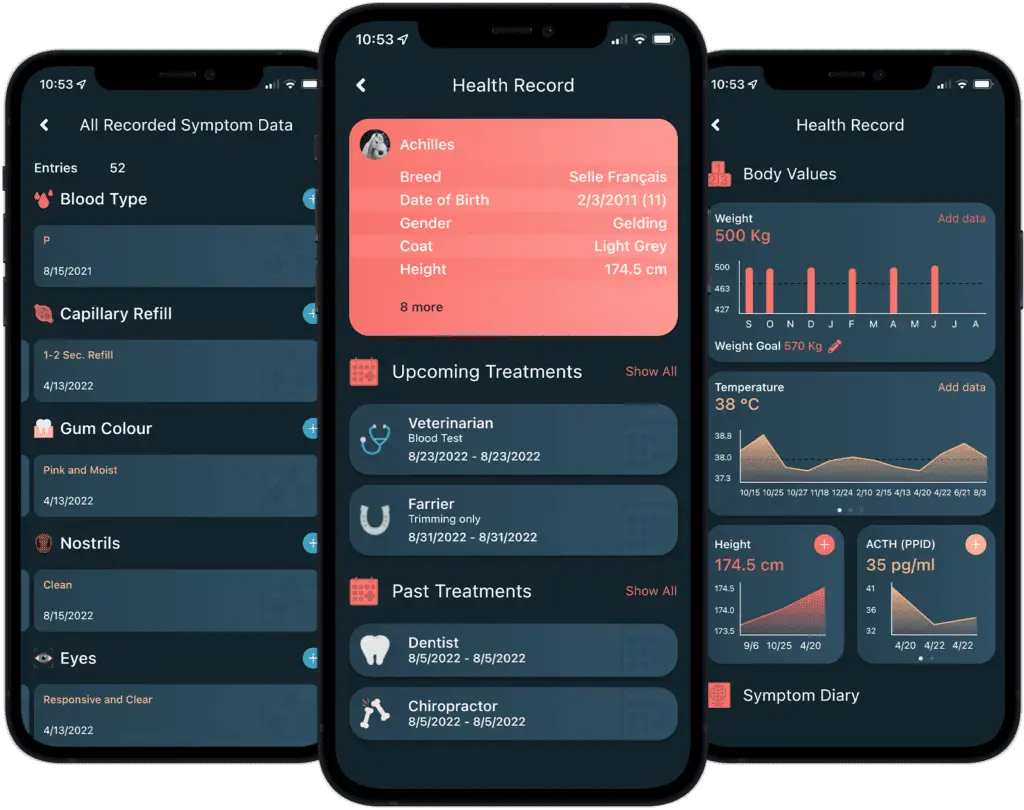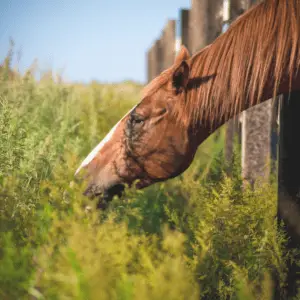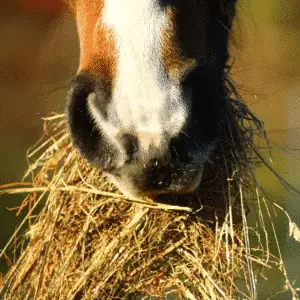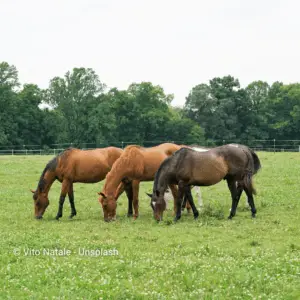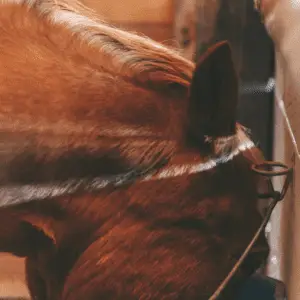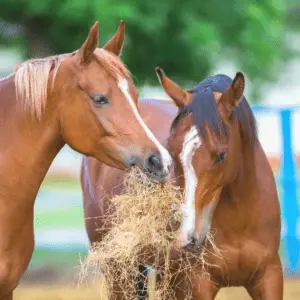
Good Hay for Horses
Expert Advice: Kim Lina Pethahn, an independent feed consultant, wrote this article. The Nutritional Benefits of Good Hay The quality in Hay can differ immensely. Different hay from different farmers, locations and more factors will offer different amounts of nutrients,


